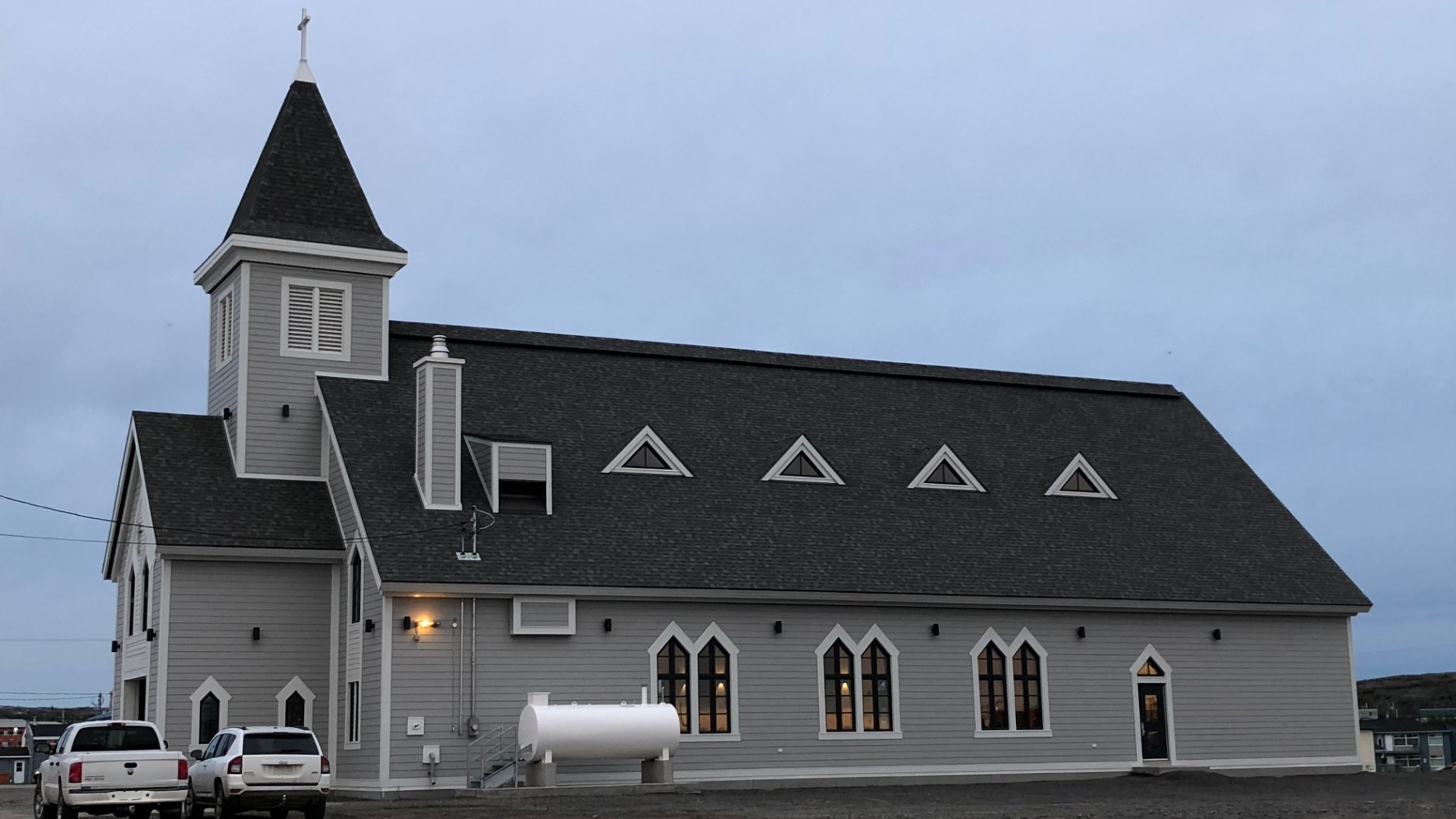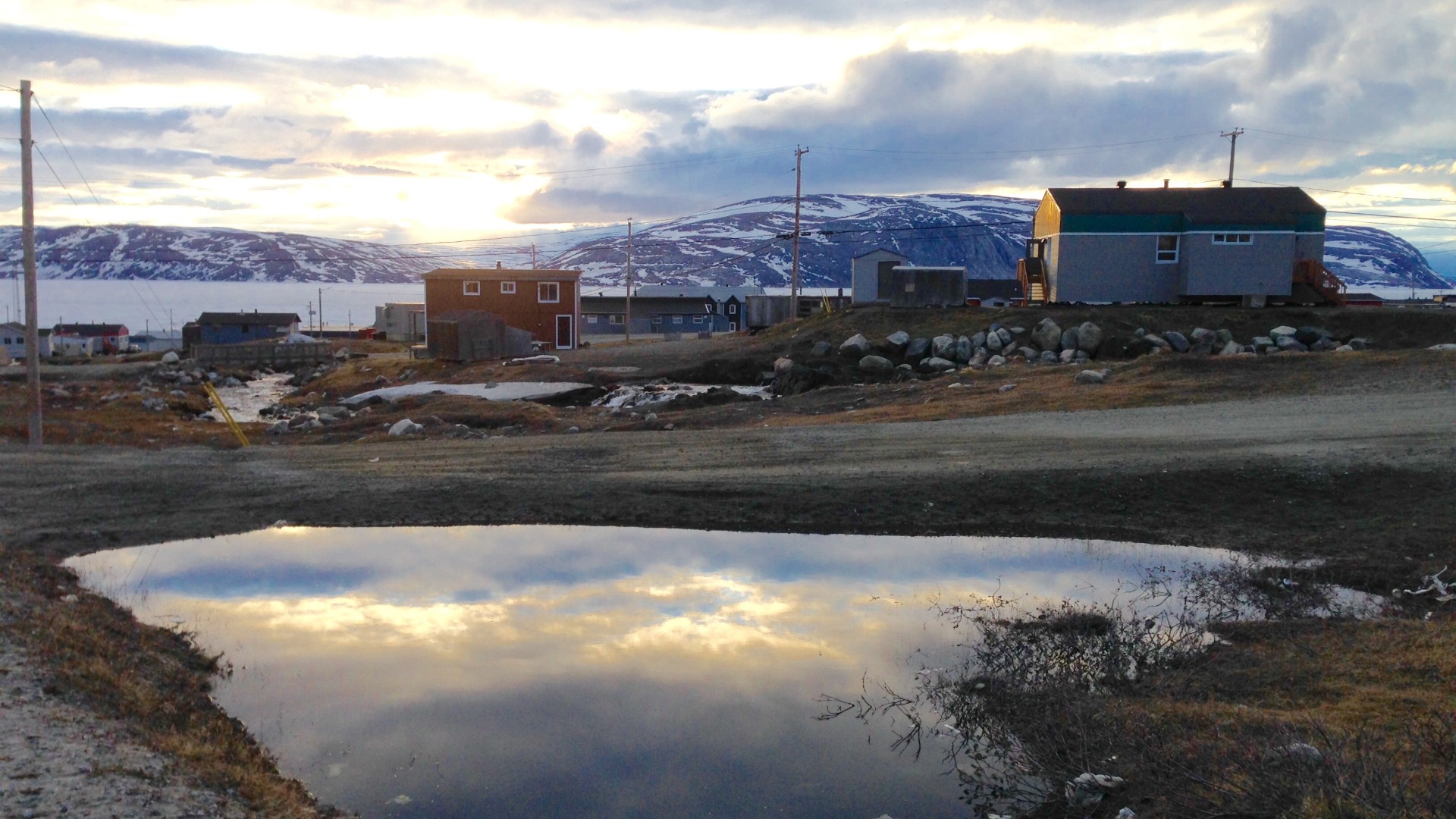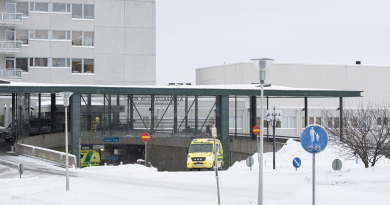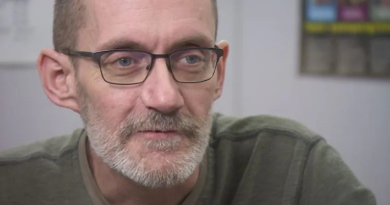Inuit region of Arctic Quebec OKs church reopenings

With reported COVID-19 infections down to zero, Nunavik, the Inuit area of Arctic Quebec, has OK’d church reopenings in the region.
In a Facebook post this week, the Nunavik Regional Board of Health and Social Services (NRBHSS) said churches could reopen for services if they respected certain conditions, but that the final decision would remain with the individual dioceses.
The conditions include:
- keeping a two-metre distance between people who do not live in the same dwelling living under the same roof
- no handshakes, hugs, communion or other physical contact
- recommendation of mask use (but not obligatory)
- a recommendation to wash hands or use hand sanitzer when entering and leaving the church
- no cash donations
- that people with COVID-19 symptoms to not enter the church
“Respect, honour and awareness”
The Diocese of the Arctic, a group of Anglican parishes that covers Nunavik, as well as Canada’s eastern Arctic territory of Nunavut and the Northwest Territories, said they have authorized reopenings in Nunavik but are leaving it up to the individual churches in the communities to determine their comfort level for resuming services.
Reached on Friday in Yellowknife, Reverend David W. Parsons, the diocesan bishop, said they had also required additional COVID-19 mitigation members for churches choosing to reopen.

He said the devastation of pandemics in the Arctic remains in recent memory and that he prefers to err on the side of caution and has had no pushback from clergy or laypeople.
“People in the North totally get it,” he said. “At the beginning of the pandemic we had two funerals planned in Nunavik, but when we contacted the community, they had already decided to cancel them before we’d even said anything. The attitude I’ve seen everywhere in the North has been respect, honour and awareness.”
Among the measures required by the diocese for churches wanting to reopen are wearing masks while singing, disinfecting the church before and after the service, and that the names of people attending services be recorded in case contact tracing needs to be done at a future date.
Write to Eilis Quinn at eilis.quinn(at)cbc.ca
Related stories from around the North:
Canada: Canadian Northwest Territories ends state of emergency for 1st time during COVID-19 pandemic, CBC News
Finland: Russian tourists eager to book holidays in Finland despite border closure, Yle News
Greenland: Greenland extends COVID-19 entry requirements until July 20, Eye on the Arctic
Iceland: Iceland revises COVID-19 border screening rules for citizens, residents, Eye on the Arctic
Norway: Norwegian Arctic wilderness tourism hit particularly hard by coronavirus, The Independent Barents Observer
Russia: The city that builds Russia’s nuclear submarines now has more than 2,000 COVID-19 cases, The Independent Barents Observer
Sweden: Sweden’s top epidemiologist admits he got COVID-19 strategy wrong, Radio Sweden
United States: Alaska Highway travellers might be in for rough ride this summer, CBC News



